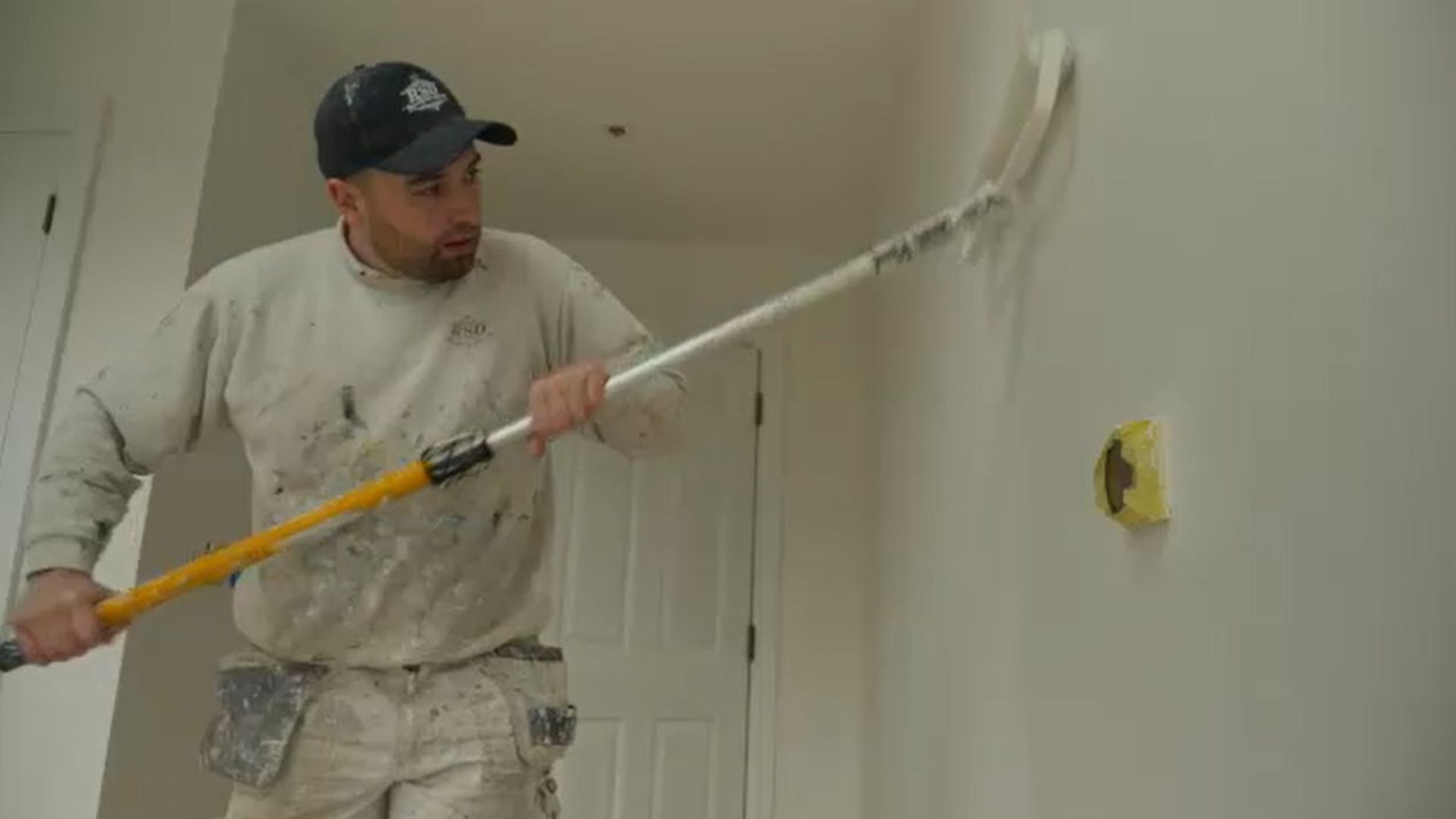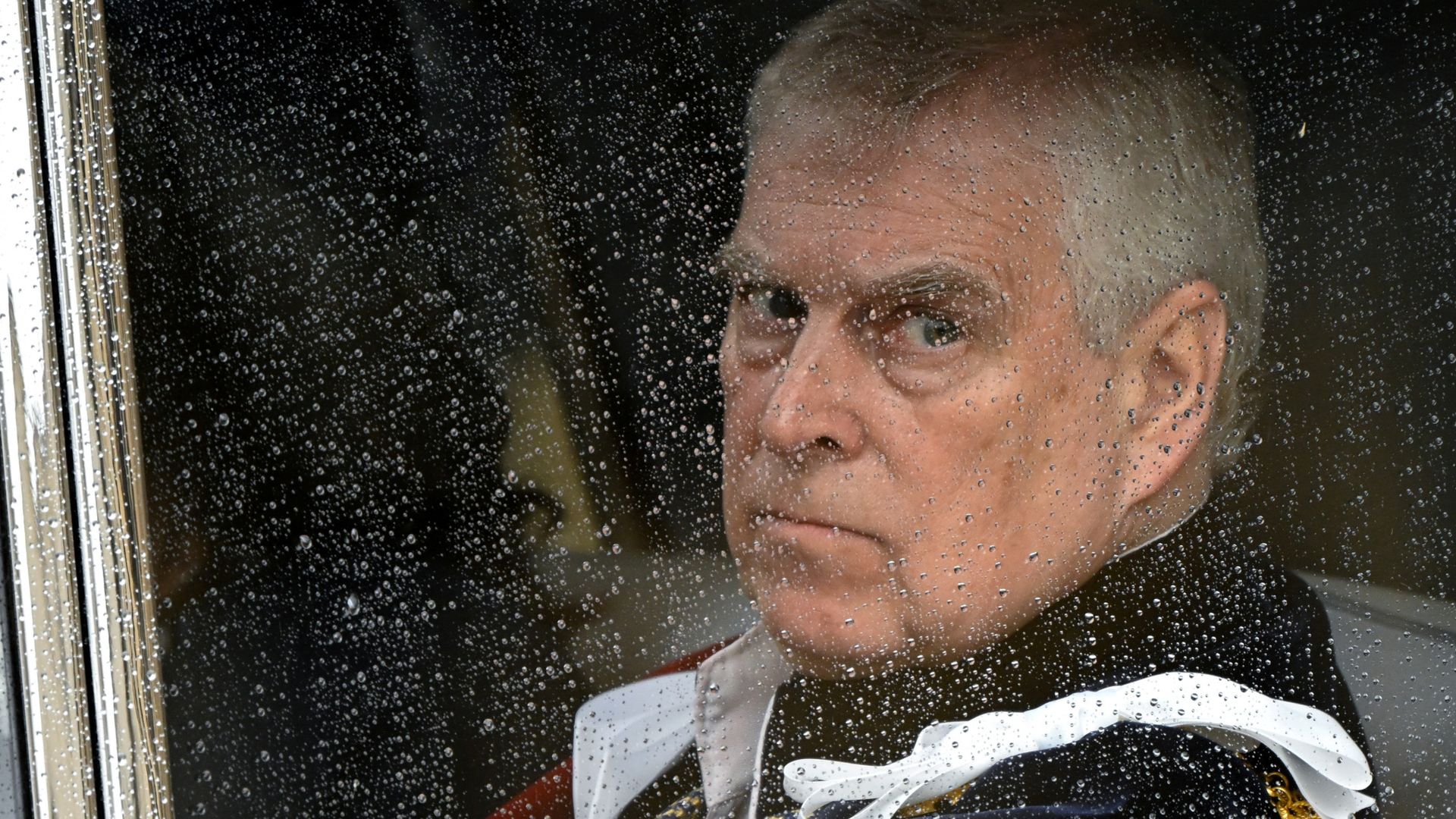
Campaigns are long and grueling, gaffes are inevitable and political trackers are paid to record them. This month, one prompted a confrontation with Paul LePage.
At a mid-August event in Madawaska, the former Republican governor got in a videotaped dispute with a Democratic Party “tracker,” or a staffer paid to film opposition candidates, complaining that he violated his personal space and telling the man he would “deck” him if he got any closer.
The public only ever sees the most compelling moments captured by trackers. But they are playing a different role than they did 15 years after the practice gained prominence in Maine. While they have always tried to capture telling or embarrassing moments, their material is figuring into more sophisticated campaign strategies in a changing media landscape.
The moment between LePage, who is running against Gov. Janet Mills this year, and the tracker became fodder for Democrats seeking to frame him as a bully and remind voters of the controversial moments from his two terms as governor.
Maine Democratic Party spokesperson Misha Linnehan said tracking had “exposed a number of lies” made by LePage, including statements related to taxes, drug policy and elections.
“Trackers have become common campaign infrastructure,” Linnehan said.
Tracker jobs have been something of a stepping stone in Maine politics, with many of the low-level staffers going on to prominent roles. For example, Sen. Susan Collins was tracked at a Stockton Springs parade in 2007 by Rick Redmond, who went on to be a senior Maine Democratic Party official and now holds a regional position at a pro-Israel lobbying group.
At that time, a top Collins staffer complained that trackers “demean the political process.” But during the 2010 gubernatorial campaign, it was Republicans’ use of the practice that prompted complaints from LePage’s two top rivals during his first successful Blaine House run.
That cemented tracking in Maine politics, but the tactics have escalated from quiet observation to more aggressive birddogging.
Republicans have sent trackers to several of Gov. Janet Mills’ campaign events this year and last, spokesperson Mary-Erin Casale said. Along with filming the governor, they have occasionally shouted questions. Mills’ policy is to treat them respectfully because they are just doing a job, she said.
“The governor recognizes that trackers are an unfortunate feature of modern-day campaigns,” Casale said. “She also understands that, in her role as governor, trackers often come with the territory.”
Maine Republican Party spokesperson Riley Ploch said the party advises anyone recording candidates to provide them space and follow “general rules of conduct and decency, while Linnehan said the Democratic tracker, whom they have neither identified nor made available for interviews, gives candidates space and identifies himself if asked.
In an interview with former Republican gubernatorial candidate Shawn Moody on WGAN last week, LePage said he was “startled” by the tracker and cited threats against him while he was governor. He argued that the same thing could not happen to Mills, who has a state police security detail as the sitting governor.
“I’m running as a former governor without security,” LePage said. “I’m not going to apologize for trying to stay alive.”
Charlie Webster, who was chair of the Maine Republican Party when LePage first ran for governor in 2010, said he was never involved in the party paying for a tracker as chair. He sees it as a slimy practice that distracts from real policy issues.
“This should not be a personality contest,” Webster said of Democrats’ use of trackers against LePage. “They want to have a headline based on nothing to do with what he believes in.”
Former state Sen. Eric Brakey, R-Auburn, who is running for his old seat in 2022 dealt with trackers as his party’s Republican U.S. Senate nominee in 2018, recently posted a picture of a tracker who followed him as he met with people at the Great Falls Balloon Festival this month.
Brakey said his experience with the tracker was more strange and humorous than anything, especially because he was in a parade and not giving a speech. Though he said the tracker kept a respectful distance, he sees the extensive filming and the LePage incident as a sign the practice had become more “aggressive” in recent years.
“It is a little bit harder to have a frank and candid conversation with someone about something they’re concerned about when there’s a camera,” Brakey said.










